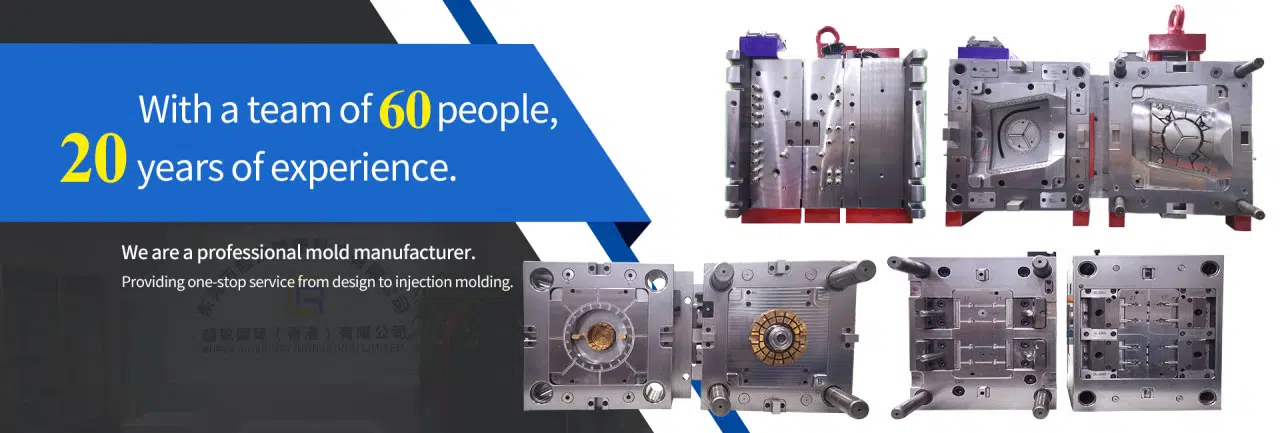
,文章长度在1000字左右
html
IATF 16949 Automotive Quality Management System Certification
The automotive industry demands the highest levels of quality, consistency, and reliability in its supply chain. To meet these rigorous standards, manufacturers and suppliers turn to the IATF 16949 certification, a globally recognized quality management system (QMS) specifically designed for the automotive sector.
What is IATF 16949?
IATF 16949 is an international standard developed by the International Automotive Task Force (IATF) in collaboration with major automotive manufacturers. It builds upon the ISO 9001 framework while adding specific requirements tailored to the automotive industry. The standard focuses on defect prevention, continuous improvement, and reducing variation and waste in the automotive supply chain.
First published in 1999 and most recently updated in 2016, IATF 16949 replaces all previous automotive quality standards, including ISO/TS 16949. It’s now the single global standard for automotive quality management systems.
Key Requirements of IATF 16949
The standard encompasses several critical areas for automotive quality management:
- Process approach and risk-based thinking
- Product safety and traceability requirements
- Supplier quality management
- Manufacturing process capability
- Continual improvement through tools like APQP, PPAP, FMEA, and SPC
- Customer-specific requirements
Benefits of IATF 16949 Certification
Organizations that achieve IATF 16949 certification gain numerous advantages:
1. Global Recognition
The certification is recognized by all major automotive manufacturers worldwide, making it essential for suppliers looking to work with OEMs.
2. Improved Quality Performance
The standard’s focus on defect prevention leads to higher quality products and fewer customer complaints.
3. Enhanced Efficiency
By reducing variation and waste, companies can achieve greater operational efficiency and cost savings.
4. Competitive Advantage
Certification demonstrates commitment to quality and can be a deciding factor in winning contracts.
5. Better Customer Satisfaction
Meeting stringent automotive requirements leads to higher customer satisfaction and stronger relationships.
The Certification Process
Obtaining IATF 16949 certification involves several steps:
- Gap Analysis: Assess current processes against IATF 16949 requirements
- Implementation: Develop and implement necessary processes and documentation
- Internal Audit: Conduct internal audits to verify compliance
- Management Review: Ensure top management commitment and review
- Certification Audit: Undergo a two-stage audit by an IATF-recognized certification body
- Surveillance Audits: Maintain certification through annual surveillance audits
Keyword: IATF 16949
Maintaining IATF 16949 Certification
Certification isn’t a one-time achievement but requires ongoing commitment:
- Annual surveillance audits by the certification body
- Recertification audits every three years
- Continuous monitoring and improvement of processes</li